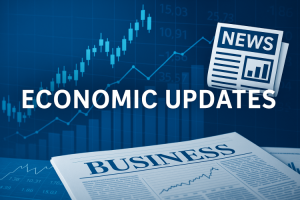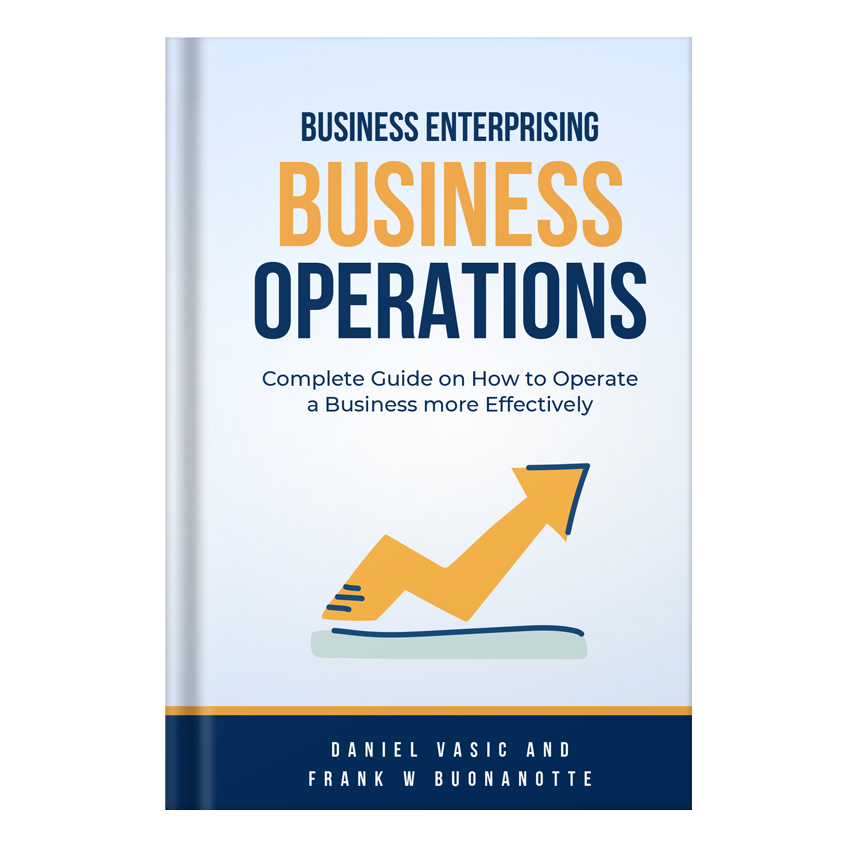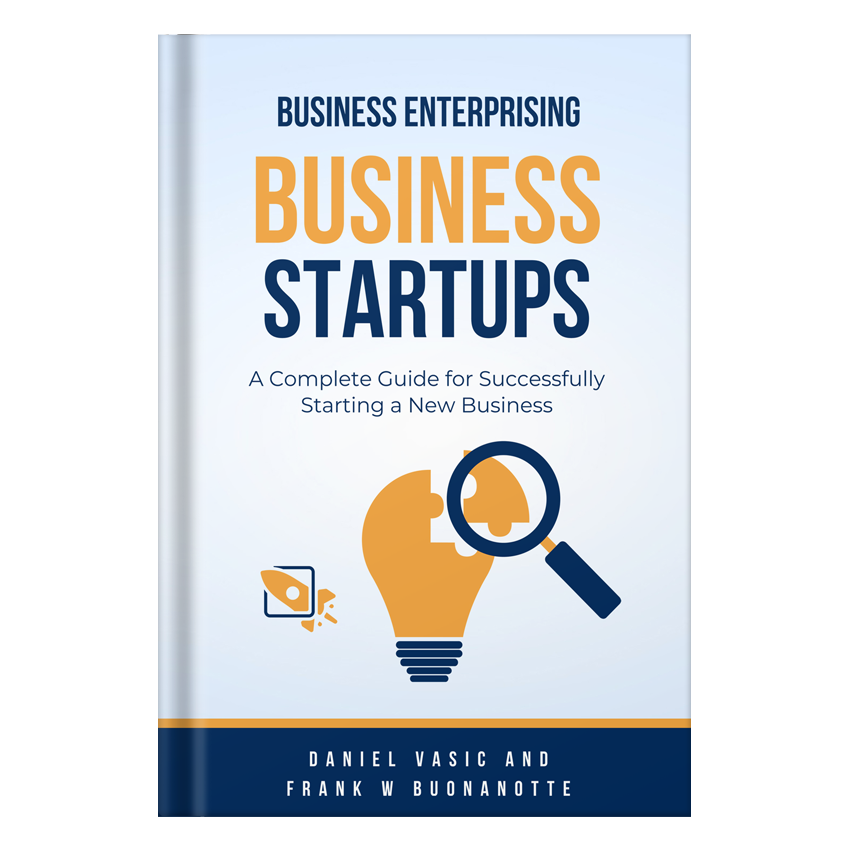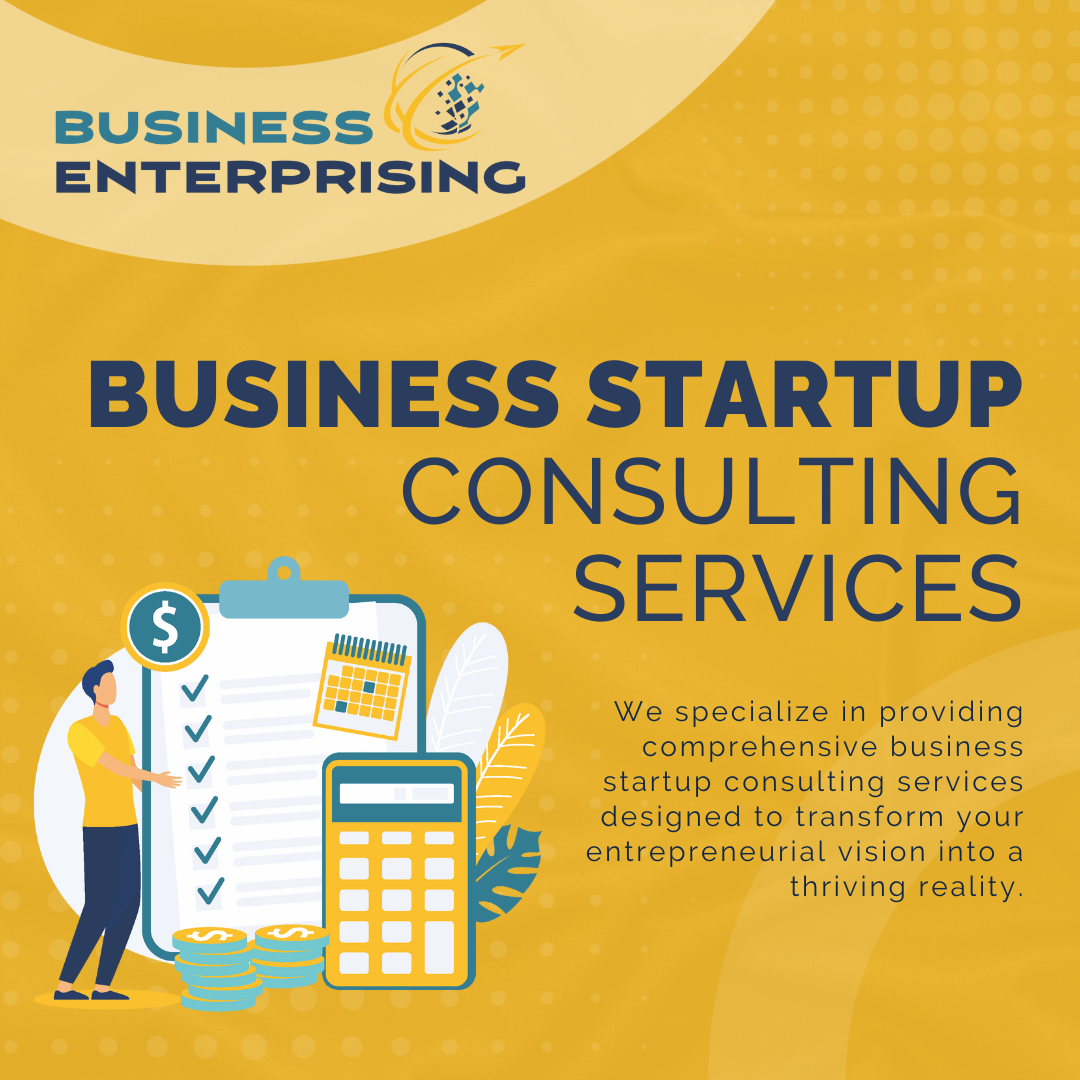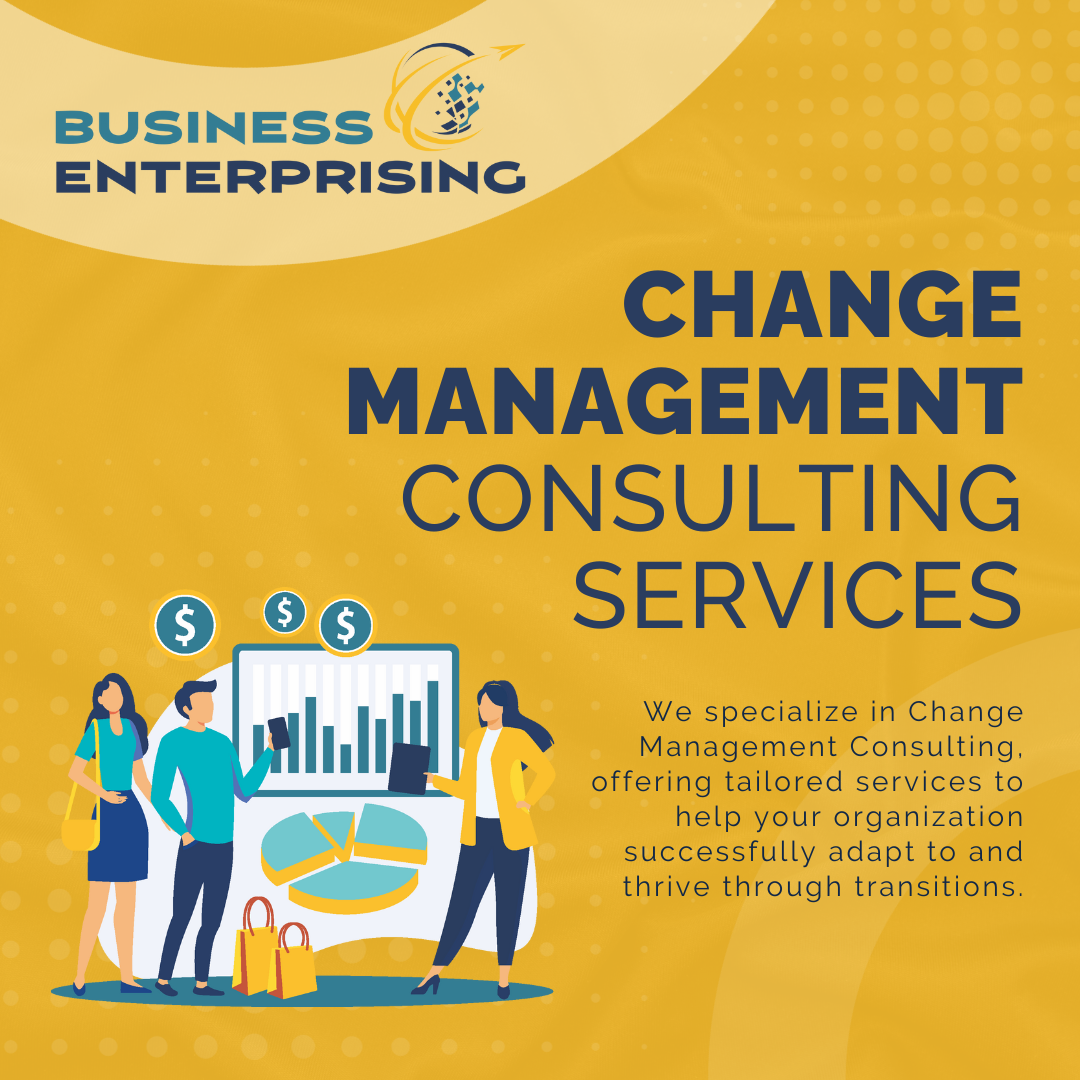Businesses with Low Startup Costs
Starting a business does not always require large investments or complex financial plans. Many entrepreneurs successfully launch businesses with low startup costs. These businesses give you the chance to test ideas without significant financial pressure. Therefore, they offer a practical entry point if you’re new to entrepreneurship. Additionally, the demand for flexible, small-scale businesses has…
Read articleRemote Business Opportunities: Work-From-Home Startups
The shift toward remote work has opened numerous remote business opportunities for aspiring entrepreneurs. With advancements in technology and changing work preferences, starting a business from home has become increasingly feasible. This trend allows you to pursue your entrepreneurial ambitions without the constraints of a traditional office setting. However, transitioning to a remote business model…
Read articleMetrics for Business Operations
Running a business requires more than offering great products or services. You must understand how well your operations perform daily. Therefore, tracking the right metrics for business operations is essential to keep your business productive and profitable. These metrics help you evaluate how efficiently your resources, people, and systems work together. Additionally, operational metrics allow…
Read articleEconomic Updates and Business News Highlights
Staying informed about economic updates and business news is essential for running and growing a successful company. Economic conditions shift frequently, and these changes can directly impact your business operations and financial outcomes. Therefore, understanding how markets and policies evolve helps you make informed decisions. Additionally, current events in key industries may reveal new risks…
Read articleBusiness Funding for Market Expansion
Expanding your business into new markets offers exciting opportunities for growth and increased revenue. However, securing business funding for market expansion can be a complex process requiring careful planning and strategic decision-making. Understanding the various funding options available and aligning them with your expansion goals is essential. Additionally, assessing your financial needs and preparing a…
Read articleHow to Get Business Funding
Finding the right approach for how to get business funding can make a major difference in your growth plans. Whether you need capital to launch a new venture or support your next phase of expansion, being prepared is key. Many business owners overlook the steps needed to present a strong funding request. Additionally, knowing which…
Read articleGrowth Consultants for Business Expansion
Growing a business brings both opportunity and complexity. Many companies turn to growth consultants for business expansion to help manage that process. These professionals offer targeted strategies to improve operations, increase revenue, and access new markets. If you’re aiming to scale your business, their expertise can guide you through each stage with clarity. Additionally, growth…
Read articleUsing AI for Financial Planning
Integrating artificial intelligence (AI) into financial planning is revolutionizing how businesses manage their finances. By using AI for financial planning, you can automate data analysis, enhance forecasting accuracy, and streamline decision-making processes. This technology enables real-time insights, allowing for more agile responses to market changes. Moreover, AI facilitates comprehensive scenario analysis by simulating various economic…
Read article


